James Acton
Dr. James Acton holds the Jessica T. Mathews Chair and is co-director of the Nuclear Policy Program at the Carnegie Endowment for International Peace. A physicist by training, Acton is currently writing a book on the nuclear escalation risks of advanced nonnuclear weapons and how to mitigate them. Acton has testified to the U.S. House of Representatives Armed Services and Appropriations Committees and the congressionally chartered U.S.-China Economic and Security Review Commission. He is a member of the International Advisory Council for the Luxembourg Forum on Preventing Nuclear Catastrophy. He has published in the New York Times, the Wall Street Journal, the Washington Post, International Security, Foreign Affairs, Foreign Policy,Dædalus, Science & Global Security, and Survival.
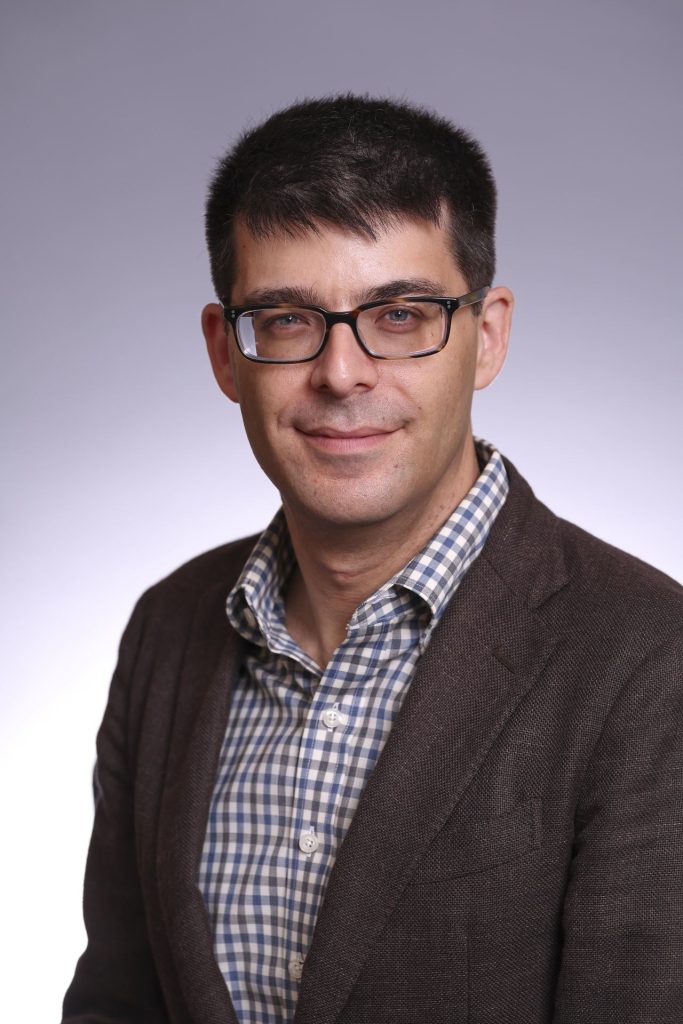
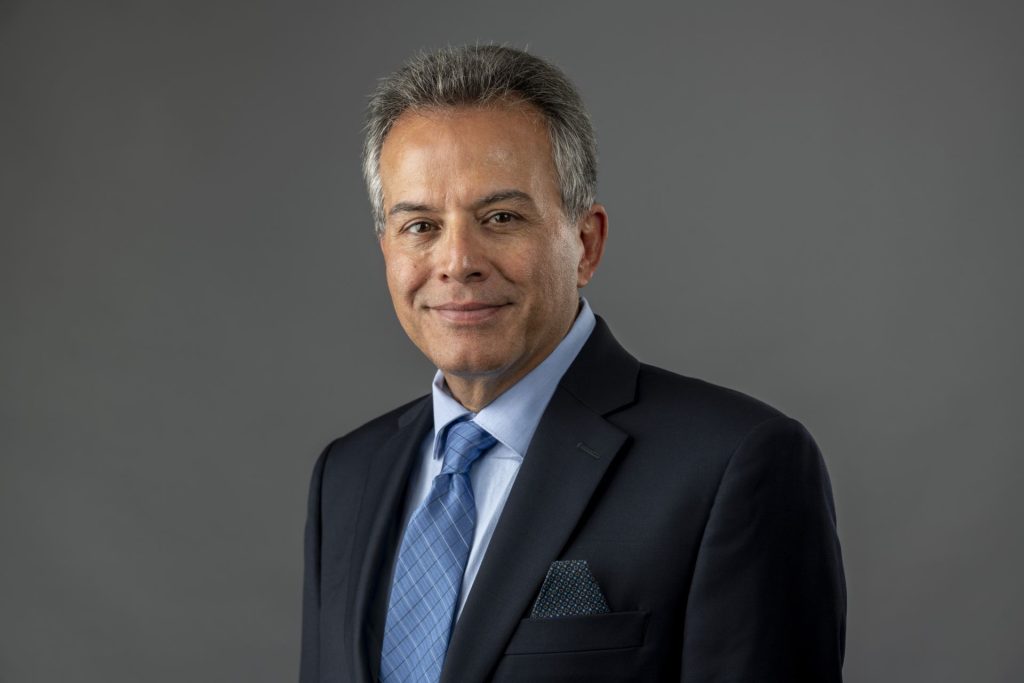
Mehrzad Boroujerdi
Dr. Mehrzad Boroujerdi is Vice Provost and Dean of the College of Arts, Sciences, and Education at Missouri University of Science and Technology (Missouri S&T). He has been a postdoctoral fellow at Harvard University, a Rockefeller Foundation Fellow at the University of Texas at Austin, a visiting scholar at UCLA, a non-resident scholar at the Middle East Institute (Washington, D.C.), and a fellow of the American Council on Education. Dr. Boroujerdi is the author of four books and numerous articles and book chapters on history and politics of Iran and the Middle East. He is consulted by both government entities and such national and international media outlets as Al Jazeera, Associated Press, Economist, Guardian, LA Times, NPR, New York Times, Reuters, Spiegel, Wall Street Journal, and Washington Post. He was previously Professor and Chair of the Political Science Department at Syracuse University and Director of the School of Public and International Affairs at Virginia Tech.
Mariel Borowitz
Dr. Mariel Borowitz is an Associate Professor in the Sam Nunn School of International Affairs at the Georgia Institute of Technology and head of the Nunn School Program on International Affairs, Science, and Technology. Her research deals with international space policy issues, focusing particularly on global developments related to remote sensing satellites and challenges to space security and sustainability. Her book, “Open Space: The Global Effort for Open Access to Environmental Satellite Data,” published by MIT Press, examines trends in the development of data sharing policies governing Earth observing satellites, as well as interactions with the growing commercial remote sensing sector. Her work has been published in Science, Strategic Studies Quarterly, Space Policy, Astropolitics, and New Space. Her research has been supported by grants from the National Science Foundation and the National Aeronautics and Space Administration. Dr. Borowitz completed a detail as a policy analyst for the Science Mission Directorate at NASA Headquarters in Washington, DC from 2016 to 2018. In 2022, she testified to the U.S. House of Representatives Subcommittee on Space and Aeronautics in a hearing titled, “Space Situational Awareness: Guiding the Transition to a Civil Capability.” Dr. Borowitz earned a PhD in Public Policy at the University of Maryland and a master’s degree in international science and technology Policy from the George Washington University. She has a Bachelor of Science degree in Aerospace Engineering from the Massachusetts Institute of Technology.
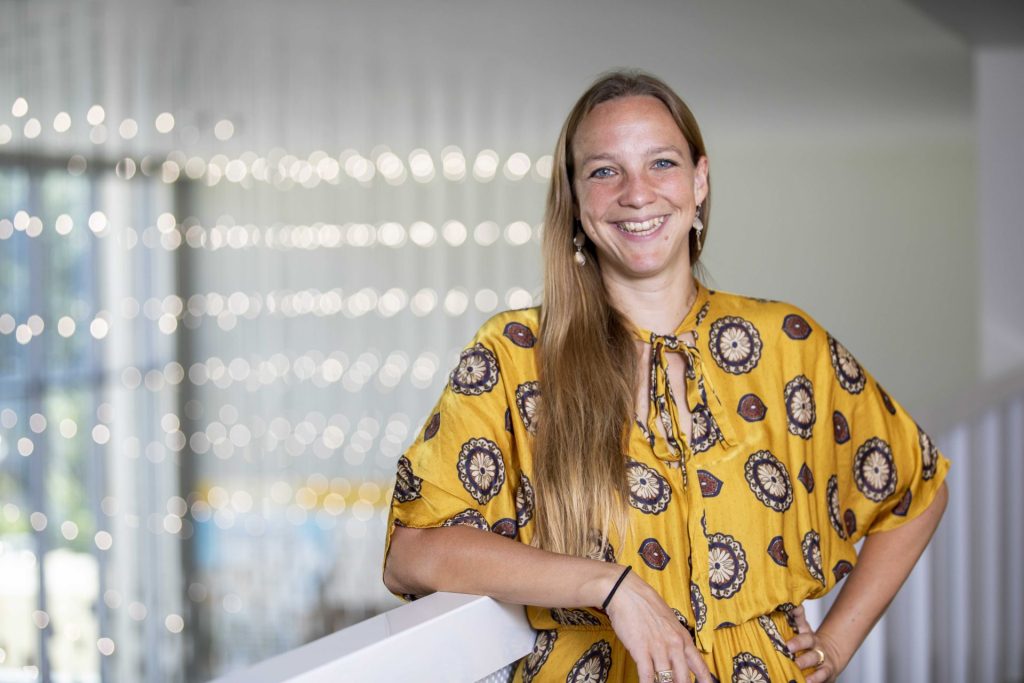
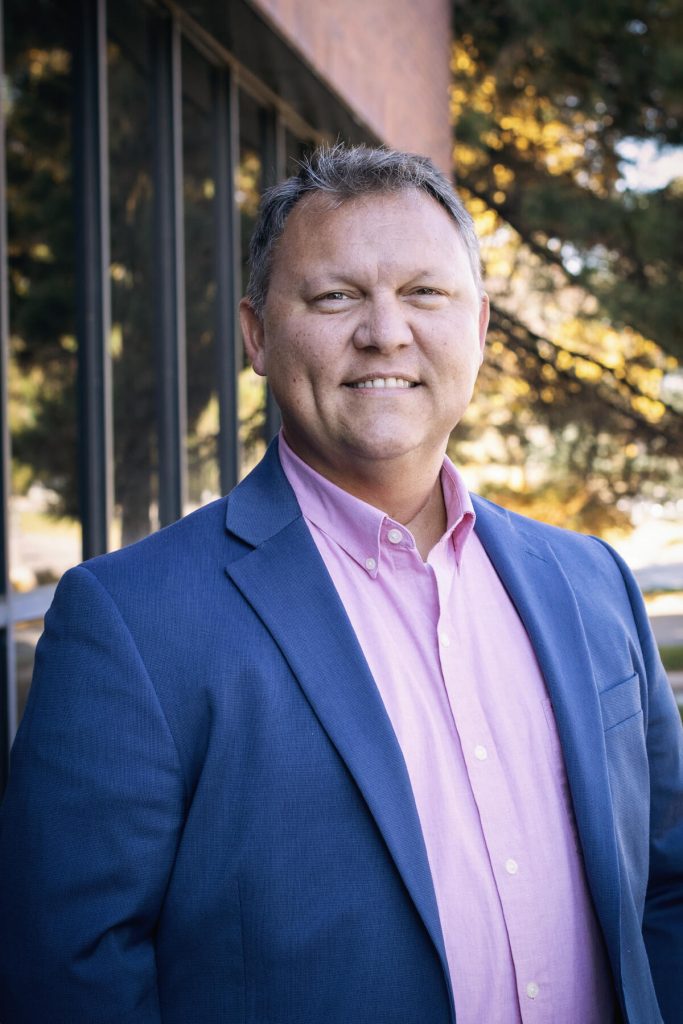
Ryan Burnette
Dr. Ryan Burnette is the Senior Vice President at Merrick & Company and leads the Life Sciences practice. He is an international biorisk management practitioner with a strong focus on biosecurity and biodefense. To date, Dr. Burnette has worked with over 100 universities, biopharmaceutical clients, and governments, practicing extensively in the U.S., Europe, Southeast Asia, Africa, India, and the Caribbean on biosafety/biosecurity and laboratory capacity building. He frequently supports missions on behalf of the U.S. Department of State, Centers for Disease Control and Prevention, Department of Defense, Department of Agriculture, as well as many foreign ministries. Dr. Burnette is the author and editor of one of the authoritative volumes in biosecurity, entitled Biosecurity: Understanding, Assessing and Preventing the Threat. His second book, Applied Biosecurity: Global Health, Defense, and Developing Technologies, was released in June of 2021.
Ali Dehghantanha
Dr. Ali Dehghantanha holds the position of Director at the Cyber Science Lab, situated within the University of Guelph in Ontario, Canada. His remarkable contributions in the field of cybersecurity and threat intelligence have garnered him such recognition as being named the Canada Research Chair in Cybersecurity and Threat Intelligence (in 2020) and receiving the prestigious Institute of Electrical and Electronics Engineers (IEEE) Outstanding Leadership Award (in 2021). Dr. Dehghantanha is celebrated for his groundbreaking utilization of machine learning techniques in the realms of cyber threat hunting, cyber threat intelligence, and enterprise risk management. Recognizing the need for comprehensive education in cybersecurity, Dr. Dehghantanha has taken the initiative to establish two prominent programs: the “Master of Cybersecurity and Threat Intelligence” and the “Master of Cybersecurity Leadership and Cyberpreneurship” at the University of Guelph. These programs serve as a testament to his commitment to nurturing the next generation of cybersecurity experts.
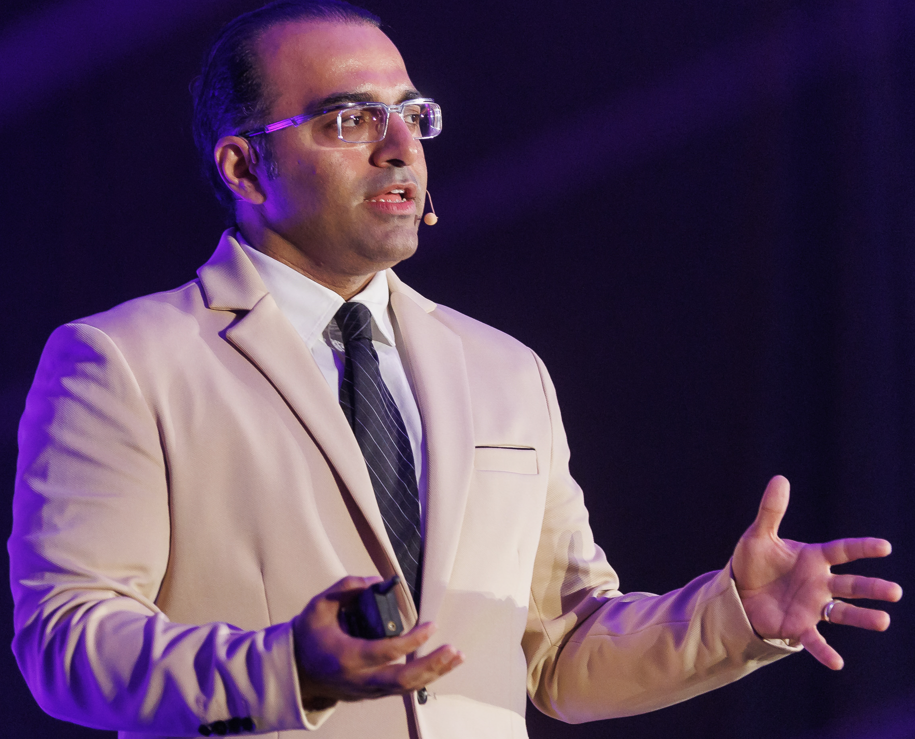

Tom Ellison
Tom Ellison is Deputy Director of the Center for Climate and Security (CCS). Prior to joining CCS, he spent a decade in the US intelligence community, where he helped expand analysis of the security and foreign policy implications of climate change for senior policymakers across the US government. Previously, he received commendations for intelligence analysis of terrorist threats, insurgencies, and political turmoil during the Arab Spring. He has traveled and worked extensively in the Middle East and Europe, including war zones. Mr. Ellison is an Arabic speaker and holds an M.A. in Security Studies from Georgetown University and a B.A. in Political Science from Colgate University. He volunteers on behalf of refugees and asylum seekers and writes satire.
Sonya Finley
Dr. Sonya Finley is a professor of strategy at the National War College and adjunct professor for the Georgetown University Security Studies Program. She has over 16 years of teaching at the graduate and undergraduate levels, including the Eisenhower School for National Security and Resource Strategy at the National Defense University, Washington DC, and the Department of Social Sciences at the United States Military Academy at West Point. Sonya served for over 26 years in the U.S. Army, retiring as a colonel. As a strategist, she served as a strategic adviser, planner, and speechwriter for senior uniformed leaders in the Republic of Korea, Iraq, and Washington D.C., as well as the Office of the Secretary of Defense for Policy (Plans). She is a former East-West Center fellow and former term member of the Council on Foreign Relations. She holds a PhD from Virginia Tech, an MPA from Cornell University, a BA from Emory University, and a Certificate in Strategic Thinking and Management for Competitive Advantage from The Wharton School at the University of Pennsylvania. Her teaching and research interests include the fields of strategy, and international communications / public diplomacy / strategic communication.
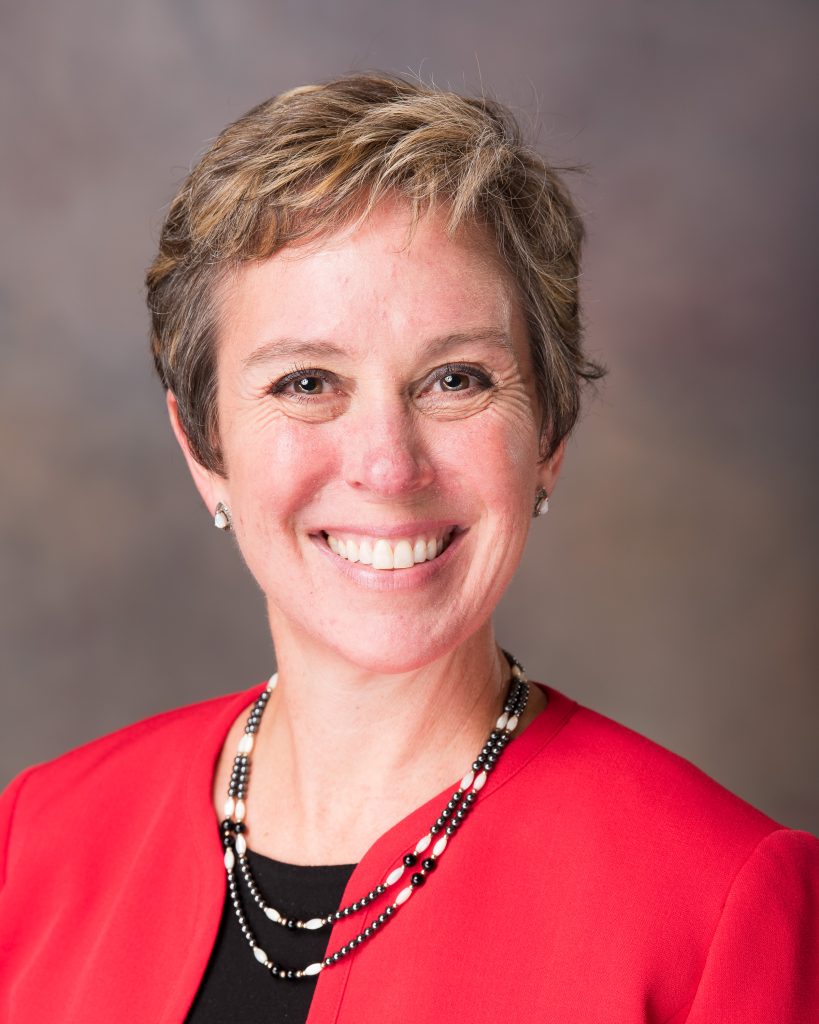
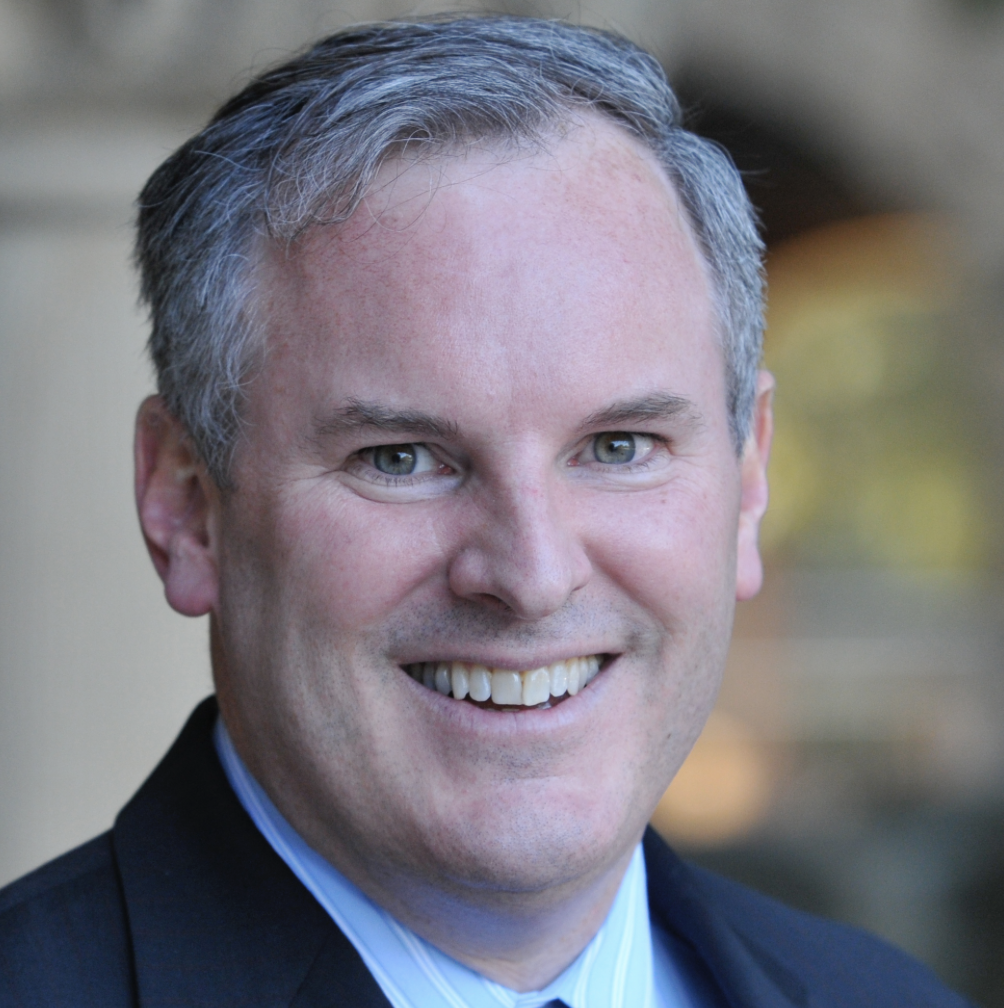
Stephen E. Flynn
Dr. Stephen E. Flynn is the Founding Director of the Global Resilience Institute, a university-wide research institute at Northeastern University in Boston, Massachusetts. At Northeastern, he is also Professor of Political Science with faculty affiliations in the Department of Civil and Environmental Engineering and the School of Public Policy & Urban Affairs. Prof. Flynn is recognized as one of the world’s leading experts on critical infrastructure, transportation, port, and supply chain security and resilience. He currently serves as chair of the Congressionally mandated National Academies of Sciences, Engineering, and Medicine Committee on Nuclear Terrorism and has an appointment as a Guest Scientist at Los Alamos National Laboratory. He has previously chaired the Massachusetts Port Authority (Massport) Security Advisory Committee and served as a member of the U.S. Department of Homeland Security’s Homeland Security Science and Technology Advisory Council (HSSTAC). He is co-author of the textbook, Critical Infrastructures Resilience: Policy and Engineering Principles (Routledge, 2018) and author of two of the most widely cited books on homeland security: The Edge of Disaster: Rebuilding a Resilient Nation (Random House, 2007) and America the Vulnerable (HarperCollins 2004). A 1982 honors graduate of the U.S. Coast Guard Academy, Dr. Flynn served in the Coast Guard on active duty for 20 years, including two tours as commanding officer at sea and retired at the rank of Commander. As a Coast Guard officer, he served in the White House Military Office during the George H.W. Bush administration and as a director for Global Issues on the National Security Council staff during the Clinton administration.
Nina Kollars
Dr. Nina Kollars is an Associate Professor in the Cyber and Innovation Policy Institute (CIPI) within the Strategic and Operational Research Department at the United States Naval War College. Her primary areas of research are in emerging technologies, cybersecurity, and military innovation. Nina currently runs the CIPI Gravely Directed Research Program at the U.S. Naval War College, where she teaches and mentors within the United States’ Professional Military Education system. She holds a Ph.D. from The Ohio State University in political science and an M.A. from The George Washington University in international relations. Dr. Kollars is affiliated with several editorial and academic outlets, including the Cyber Conflict Studies Association, the Texas National Security Review, and the Educational Wargaming Cooperative. Despite many decades in academia, Nina is most proud of her work with the hacker community and her presentation at DefCon27 entitled ‘Confessions of a Nespresso Money Mule’. She is currently working on her book manuscript: ‘Trustworthy Deviants: White Hat Hackers and Security’.
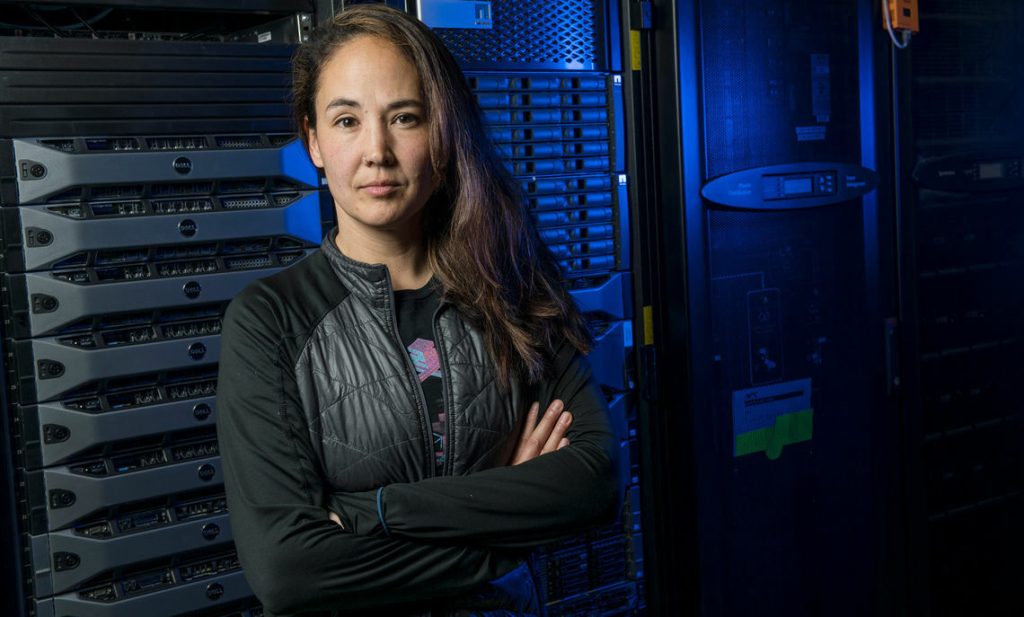
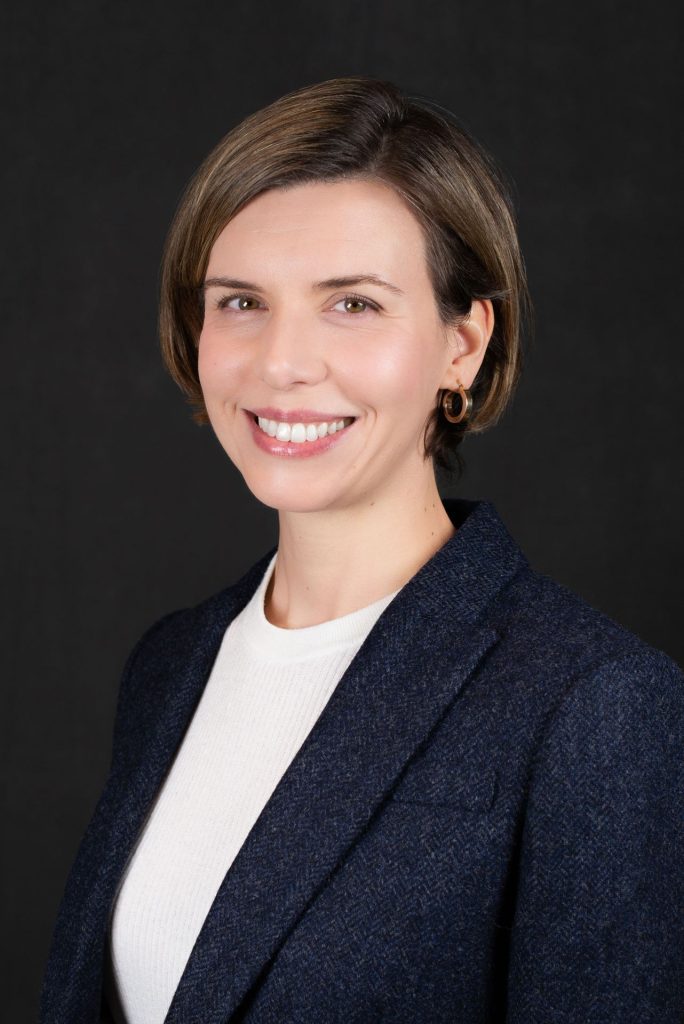
Alanna Krolikowski
Dr. Alanna Krolikowski holds the position of Assistant Professor in the Department of Political Science at the Missouri University of Science and Technology (Missouri S&T). Her area of expertise lies in the field of policy formulation for science, technology, and innovation, making her a distinguished scholar in this domain. Dr. Krolikowski’s primary research and teaching areas encompass a diverse range of critical topics. These include the development of policies pertaining to space activities, in-depth analysis of the innovation systems of both China and the United States, and a keen focus on China’s intricate foreign relations.
Major General Samuel C. “Bo” Mahaney
Maj. Gen. Samuel “Bo” Mahaney is a distinguished retired Air Force officer, boasting an impressive 36-year military career marked by unwavering dedication and exemplary service. Prior to retirement, he was Chief of Staff, Air Mobility Command, Scott Air Force Base, Illinois. His efforts enabled the AMC commander to provide rapid, global mobility and sustainment for America’s armed forces as well as provide humanitarian support at home and around the world. He enabled the 107,000 men and women of AMC to provide airlift, aerial refueling, special air mission, aeromedical evacuation, and mobility support. Maj. Gen. Mahaney was commissioned in July 1985 as a graduate of the Air Force Reserve Officer Training Corps at the Missouri University of Science and Technology. He has served as a B-52 electronic warfare officer, KC-10 aircraft commander, C-5 pilot, C-9A evaluator pilot, group and wing commander, and flew the C-17 and KC-135. He was last qualified as a C-40 pilot. He is a command pilot with more than 5,100 flying hours and hundreds of combat hours in Afghanistan, Iraq, and other locations. In addition, he attended Harvard University as National Security Fellow, served on Capitol Hill as Georgetown Legislative Fellow and legislative liaison. He is a licensed attorney who has served on the faculty of Georgetown University Law Center as an adjunct professor. In retirement, Maj. Gen Mahaney is an author of historical fiction, novels, and peer review historical journal articles. His passion is for leadership education, working with teens and young adults to create a vision for their leadership role in the present and the future.
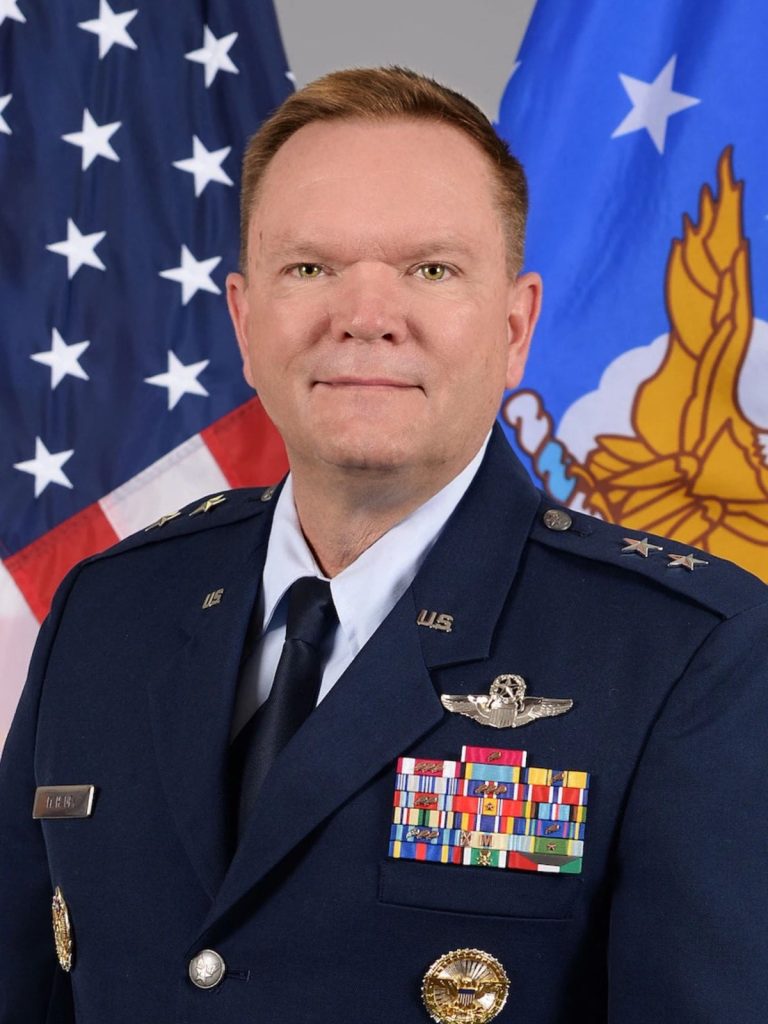

Ed McGrady
Dr. Ed McGrady is an adjunct Senior Fellow at the Center for New American Security, Principal of Monks Hood Media LLC, and instructor and Course Coordinator on Gaming at Military Operations Research Society. Dr. McGrady writes, speaks, and teaches on the design of professional games. He teaches and manages game design courses for MORS/Virginia Tech, and runs a business devoted to using games and game techniques to bring innovative experiences in new areas. He recently was given the highest award in professional gaming at the Connections 2023 conference. His book, Roll to Save: Gaming Disease Response, describes designing games in support of public health professionals. In the past Dr. McGrady built and directed a team of 10-20 analysts at CNA devoted to the design and execution of professional games. Dr. McGrady has written, taught, and presented on the topic of games and their use in organizational and individual learning and has run games for clients ranging from the White House to the Department of Agriculture to the automotive industry. Dr. McGrady built a team at CNA devoted to chemical and biological response operations, including domestic response operations. Dr. McGrady has deployed as an analyst with US Forces in Haiti during operation Uphold Democracy, onboard USS Nimitz for Desert Storm and with operational E-2C squadrons. He holds a Ph.D. in Chemical Engineering from the University of Michigan and has published extensively in the Chemical Engineering, physics, and national security literature and is widely cited for his work on the mathematics of aggregation and fragmentation.
John McManus
Dr. John C. McManus is Curators’ Distinguished Professor of U.S. military history at the Missouri University of Science and Technology (Missouri S&T). This professorship is bestowed by the University of Missouri Board of Curators on the most outstanding scholars in the University of Missouri system. McManus is the first ever Missouri S&T faculty member in the humanities to be named Curators’ Distinguished Professor. As one of the nation’s leading military historians, and the author of fifteen well received books on the topic, he is in frequent demand as a speaker and expert commentator. In addition to dozens of local and national radio programs, he has appeared on CNN.com, Fox News, C-Span, the Military Channel, the Discovery Channel, the National Geographic Channel, Netflix, the Smithsonian Network, the History Channel and PBS, among others. He also served as historical advisor for the bestselling book and documentary Salinger, the latter of which appeared nationwide in theaters and on PBS’s American Masters Series. During the 2018-2019 academic year, he was in residence at the U.S. Naval Academy as the Leo A. Shifrin Chair of Naval and Military History, a distinguished visiting professorship. His current project is a major three volume history of the U.S. Army in the Pacific/Asia theater during World War II. He is the host of two podcasts, Someone Talked! in tandem with the National D-Day Memorial, and We Have Ways of Making You Talk in the USA alongside Al Murray and James Holland.
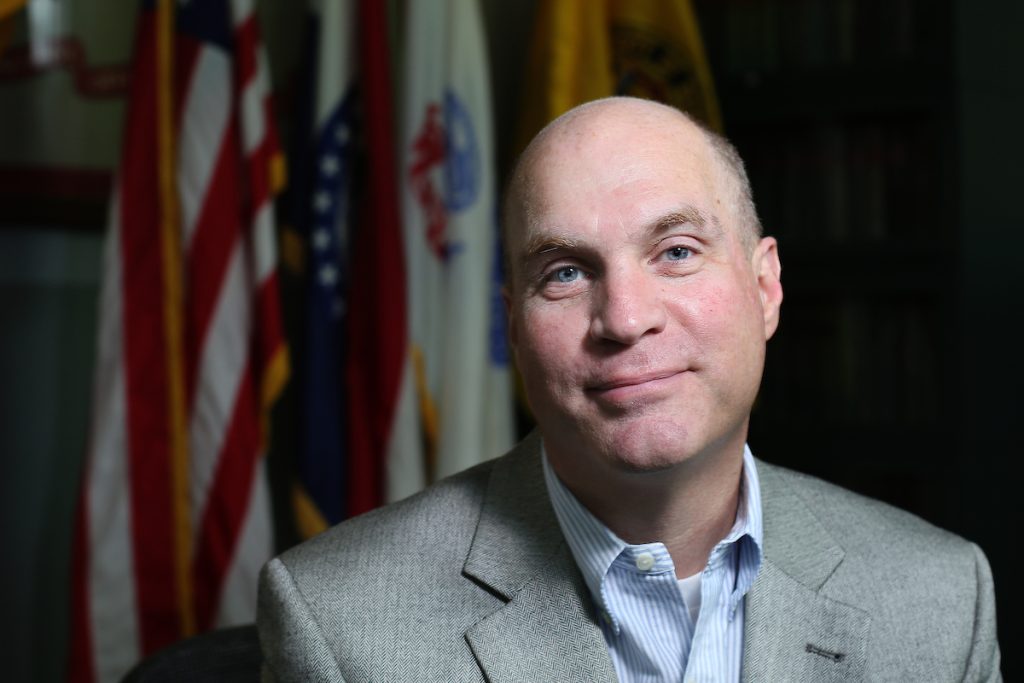
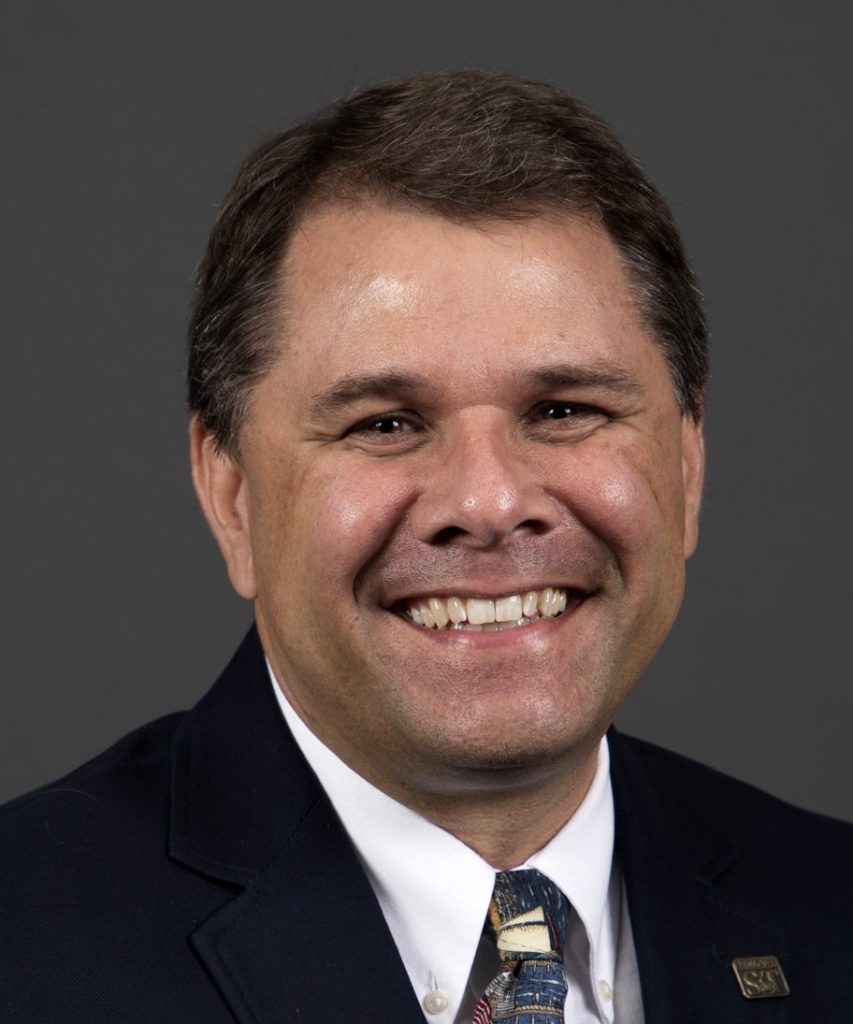
Michael S. Moats
Dr. Michael S. Moats is currently serving as the Chair and Professor of Materials Science and Engineering at the Missouri University of Science and Technology. His extensive academic journey includes earning a PhD from the University of Arizona and both B.S. and M.S. degrees from the University of Missouri-Rolla. Prof. Moats is an esteemed member of the Society of Manufacturing Engineers (SME) and has dedicated three decades of his illustrious career to advancing the fields of hydrometallurgical and electrometallurgical processing of non-ferrous metals. Within this realm, his expertise particularly shines in electrowinning and electrorefining, where he has garnered specialized knowledge over the years. In recent times, Dr. Moats has expanded his contributions to the industry by actively participating in initiatives aimed at addressing supply concerns related to critical minerals. He is deeply involved with the Critical Materials Innovation Hub and the Thomas J. O’Keefe Institute for the Sustainable Supply of Strategic Minerals at Missouri S&T. With an impressive track record, Dr. Moats holds five patents and boasts a portfolio of 130 publications, encompassing books, book chapters, journal papers, and conference proceedings. In recognition of his outstanding achievements, he was honored with the AIME/TMS/SME James Douglas Gold Medal in 2018, an accolade bestowed upon him “for his knowledge and contributions in the field of electrometallurgy.” Beyond academia, Dr. Moats has had the privilege of offering his expertise as an expert witness before a U.S. House of Representatives panel. His testimony has revolved around critical minerals production in the United States and the potential ramifications of foreign production on U.S. interests, further highlighting his influential role in shaping the industry’s future.
Edward Parker
Dr. Edward Parker is a physical scientist at the RAND Corporation. His research focuses on emerging technologies, with a particular focus on quantum technology. His research within quantum technology focuses on two main areas: comparing national quantum industrial bases and promoting the adoption of post-quantum cryptography. He received his Ph.D. in theoretical hard-condensed-matter physics from the University of California, Santa Barbara, where he numerically modeled quantum magnetic materials that might be useful for building quantum computers. He has served as a peer reviewer for academic journals including Quantum Science and Technology, the American Journal of Physics, the European Journal of Physics, Physica A, and IEEE Transactions in Engineering Management.
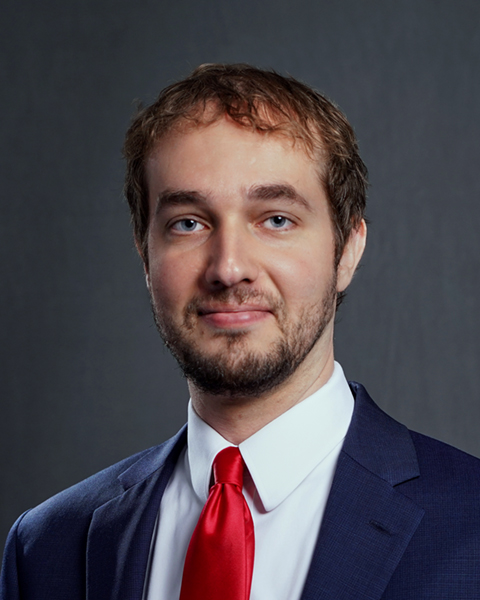
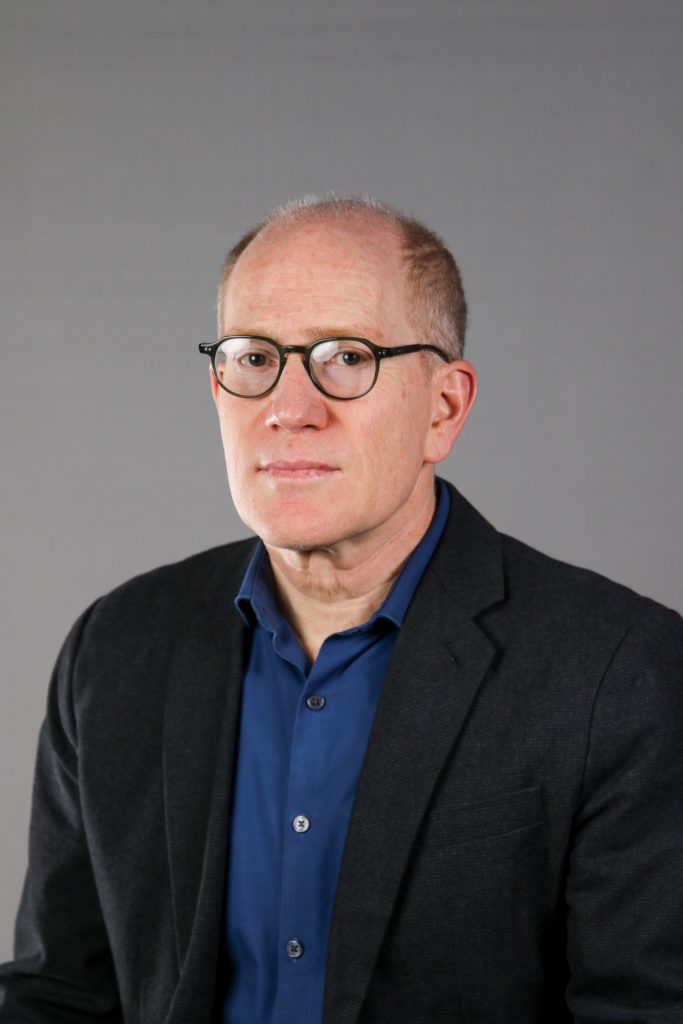
Brian D. Taylor
Dr. Brian D. Taylor is professor of political science and director of the Moynihan Institute of Global Affairs in the Maxwell School of Citizenship and Public Affairs, Syracuse University. Taylor is the author of three books on Russian politics: The Code of Putinism (Oxford University Press, 2018); State Building in Putin’s Russia: Policing and Coercion after Communism (Cambridge University Press, 2011) and Politics and the Russian Army: Civil-Military Relations, 1689-2000 (Cambridge University Press, 2003), as well as multiple articles and book chapters. His fourth book, Russian Politics: A Very Short Introduction, is forthcoming this year from Oxford University Press. He received his B.A. from the University of Iowa, an M.Sc. from the London School of Economics and Political Science, and a Ph.D. from the Massachusetts Institute of Technology.